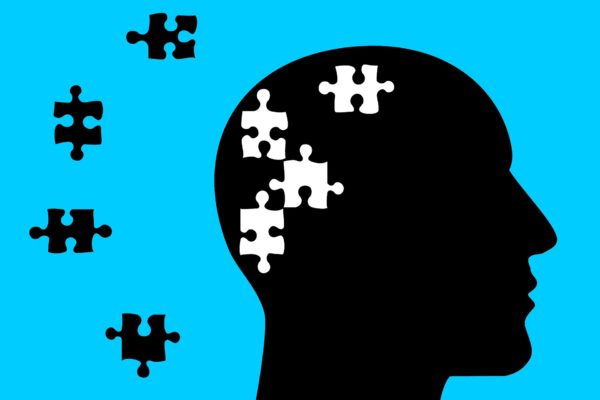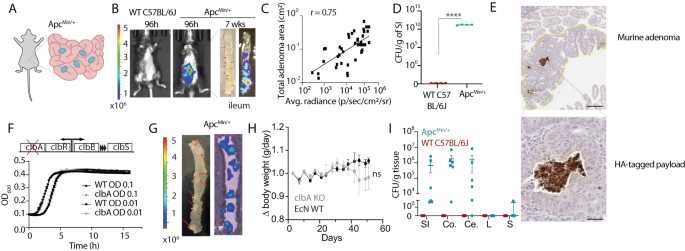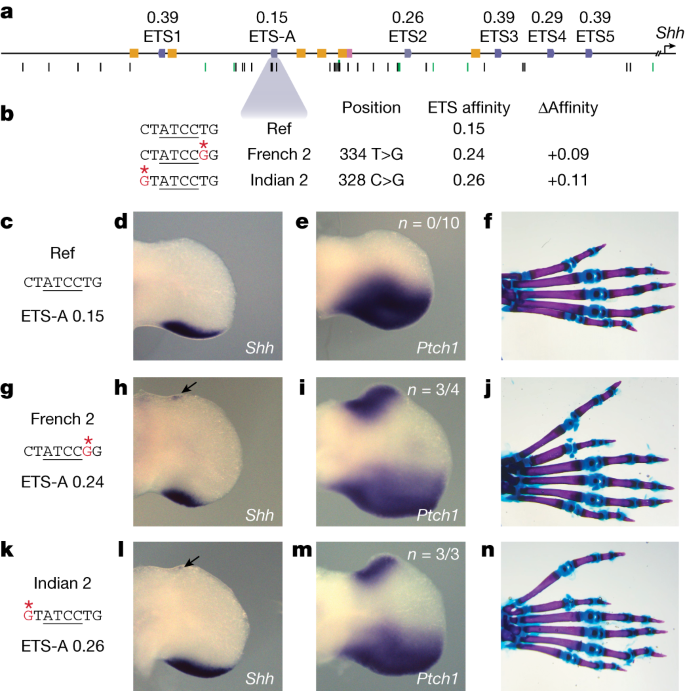2024-02-05 テキサス大学オースチン校(UT Austin)

◆この新しい技術は、国内のメンタルヘルス専門家の不足を緩和する潜在的な能力を持っている。この研究では、Aiberry™によって作成されたAIプラットフォームが、テキスト、音声、およびビデオの手がかりを分析して、ボットによるインタビュー中に個人のメンタルヘルスを正確に評価できることが示された。また、性別、年齢、人種に関連する偏見の証拠も示されなかった。
◆このプラットフォームは、従来のうつ病の測定方法に比べて、より詳細な情報を提供し、個々の経験を捉えることができる。
<関連情報>
- https://news.utexas.edu/2024/02/05/ai-app-proves-equal-to-standard-mental-health-questionnaires-in-assessing-depression/
- https://www.sciencedirect.com/science/article/abs/pii/S0165032724002313
人工知能を利用した会話型アセスメントは、うつ病スケールと同様に臨床的に有用であり、利用者に好まれている Conversational assessment using artificial intelligence is as clinically useful as depression scales and preferred by users
Rachel L. Weisenburger, Michael C. Mullarkey, Jocelyn Labrada, Daniel Labrousse, Michelle Y. Yang, Allison Huff MacPherson, Kean J. Hsu, Hassan Ugail, Jason Shumake, Christopher G. Beevers
Journal of Affective Disorders Available online:28 January 2024
DOI:https://doi.org/10.1016/j.jad.2024.01.212
Abstract
Background
Depression is prevalent, chronic, and burdensome. Due to limited screening access, depression often remains undiagnosed. Artificial intelligence (AI) models based on spoken responses to interview questions may offer an effective, efficient alternative to other screening methods.
Objective
The primary aim was to use a demographically diverse sample to validate an AI model, previously trained on human-administered interviews, on novel bot-administered interviews, and to check for algorithmic biases related to age, sex, race, and ethnicity.
Methods
Using the Aiberry app, adults recruited via social media (N = 393) completed a brief bot-administered interview and a depression self-report form. An AI model was used to predict form scores based on interview responses alone. For all meaningful discrepancies between model inference and form score, clinicians performed a masked review to determine which one they preferred.
Results
There was strong concurrent validity between the model predictions and raw self-report scores (r = 0.73, MAE = 3.3). 90 % of AI predictions either agreed with self-report or with clinical expert opinion when AI contradicted self-report. There was no differential model performance across age, sex, race, or ethnicity.
Limitations
Limitations include access restrictions (English-speaking ability and access to smartphone or computer with broadband internet) and potential self-selection of participants more favorably predisposed toward AI technology.
Conclusion
The Aiberry model made accurate predictions of depression severity based on remotely collected spoken responses to a bot-administered interview. This study shows promising results for the use of AI as a mental health screening tool on par with self-report measures.


